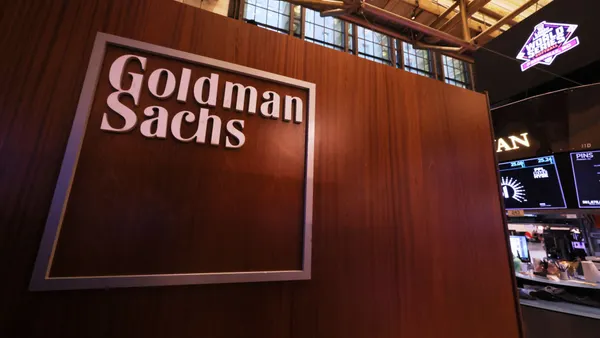Dive Brief:
- The Consumer Financial Protection Bureau (CFPB) is looking into whether Bank of America violated federal law by creating fake credit card accounts, according to Bloomberg Law.
- The CFPB disclosed its investigation of the bank in documents it posted online Tuesday. The documents show the agency rejected the bank's claim that a request for records was "unduly burdensome."
- The CFPB's civil investigation stems from the fallout of the 2016 Wells Fargo account scandal, where employees opened more than 3.5 million unauthorized accounts to meet sales goals, and comes a year after a review of more than 40 banks by the Office of the Comptroller of the Currency (OCC).
Dive Insight:
The OCC's investigation of more than 40 banks, which it concluded over a year ago, found that Wells Fargo was not alone in its practice of opening accounts without customers' consent.
The OCC found "hundreds of problems at individual institutions" regarding sales practices, according to American Banker. The OCC, however, does not plan to release its findings.
In the documents posted Tuesday by the CFPB, a lawyer for Bank of America acknowledged specific instances of "potentially unauthorized credit card accounts" at the Charlotte, North Carolina-based bank but called the number of accounts "vanishingly small," according to American Banker.
In addition to taking issue with the agency's records request, documents show Bank of America also called on the CFPB to close its investigation. CFPB Director Kathleen Kraninger denied the petition in July.
In the documents, Bank of America acknowledged to the CFPB that, prior to March 2017, it did not require customers who opened accounts in its branches to provide signatures, a practice the bank said it has changed.
Bank of America spokesman Andy Aldridge told American Banker the bank has worked with regulators to confirm it has the right processes and controls in place, a conclusion he said he hopes the CFPB reaches, too.
The bank will continue to cooperate with the CFPB, Aldridge added.













